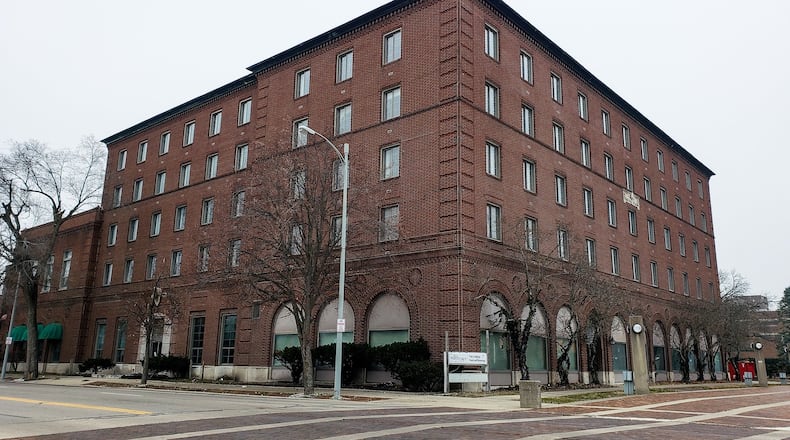But Grau never secured the necessary funds and the properties continued to deteriorate, according to City Manager Jim Palenick. He said the payment ends the litigation and attorney fees and gives the city full titles to the properties.
“Once this administration recognized that there was no tenable or financially feasible way to proceed forward with an adaptive re-use of the Manchester and/or Snider buildings with the property’s owner, we moved aggressively to assure the city would once again own and control the property in the most cost-effective manner possible,” Palenick told the Journal-News. “This settlement action accomplishes that goal.”
Middletown City Councilman Tal Moon called it “a difficult pill to swallow.”
Vice Mayor Joe Mulligan said it was “very regrettable,” but it was to time to put an “end to this chapter” in the city’s history.
Councilwoman Ami Vitori said she wrote letters trying to help Grau with grants, but she saw “no forward progress.”
When no development was visible by October 2018, the city notified Grau of its intent to exercise a clause in the development agreement to take back the buildings under the legal action of reversion.
Two months later, Grau filed legal action against the city to maintain ownership of the buildings and the issue has been in the court system ever since.
In March, Butler County Common Pleas Court Judge Michael Oster Jr. found there were no material issues of fact in the case and the city was granted ownership of the buildings.
The city and Grau negotiated a settlement, the city said. These expenses “broadly constitute” work done to the buildings, studies done regarding the feasibility of development, applications and professional services regarding the tax credits needed for development, tax payments, insurance, utilities and security measures for the buildings, the city said.
If the city had owned the buildings for the last seven years, it would have incurred costs to maintain, secure and market them, according to a staff report.
About the Author


